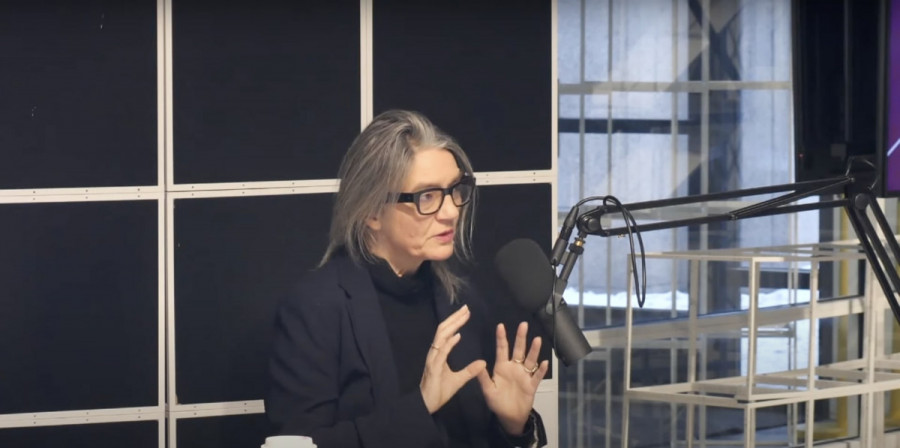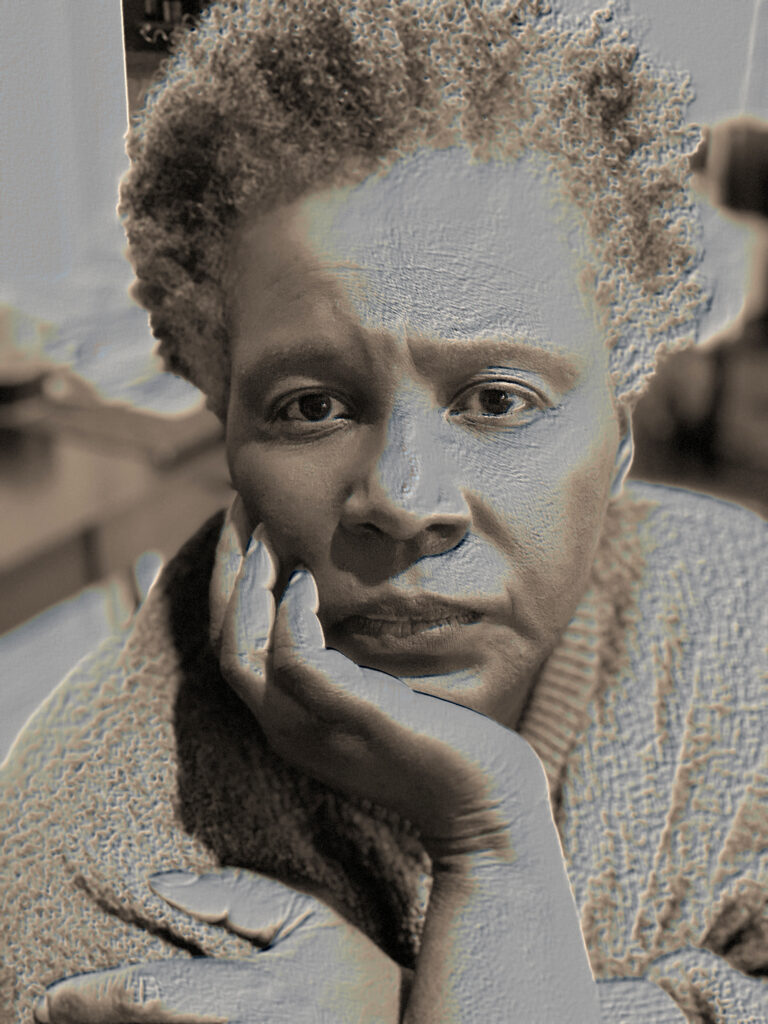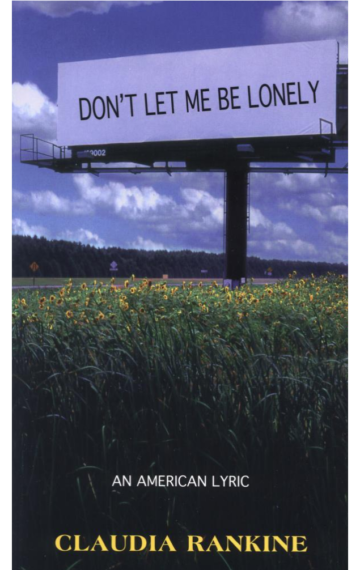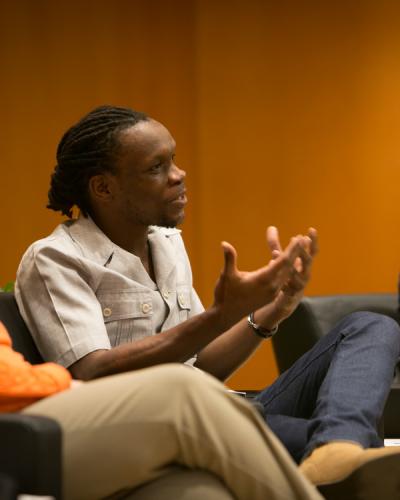
February morning, 2018
You are being asked to drop your worm’s eye view
Of the world. Signs come at you from every direction:
The world is all fists up and fuck it, rivers lift their skirts,
Forests whistle for their lost canopies, California
Is parched, the celluloid is not soluble. I thought I saw
The future on social media, but, no, the future is still
In the body. I am humbled by the young ones: I see their
Raised glasses clinking in the sunset. I see myself an old spider
On crutches, only two of my eight legs function, I move
Through the city a ball of pain on stilts tilting into
The future, which is bristling and full of fear; but beyond
That fear is open space: I think, I must get there, I must
Grow arms, more arms, a forest of arms, there are so many
Bodies that need holding, there are so many voices to hear.






